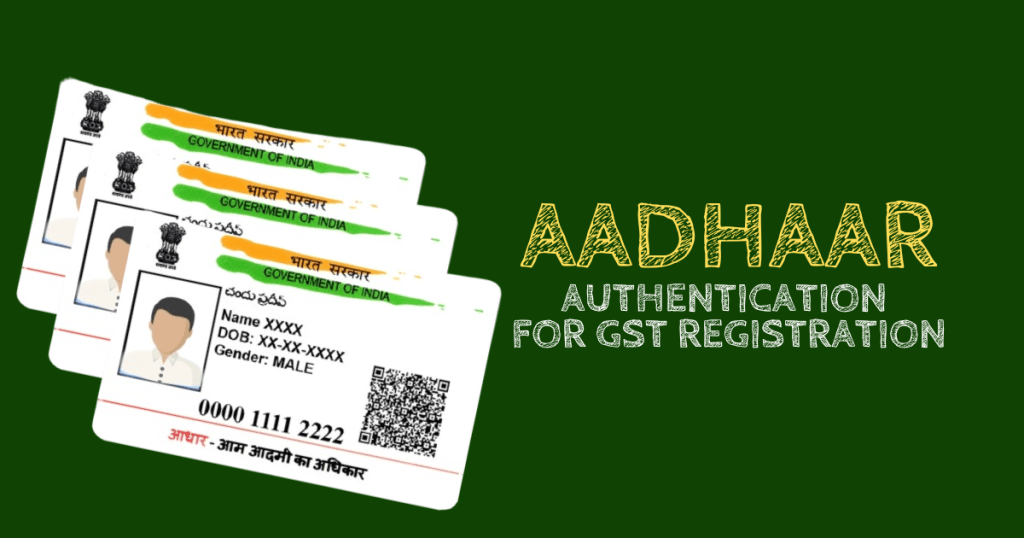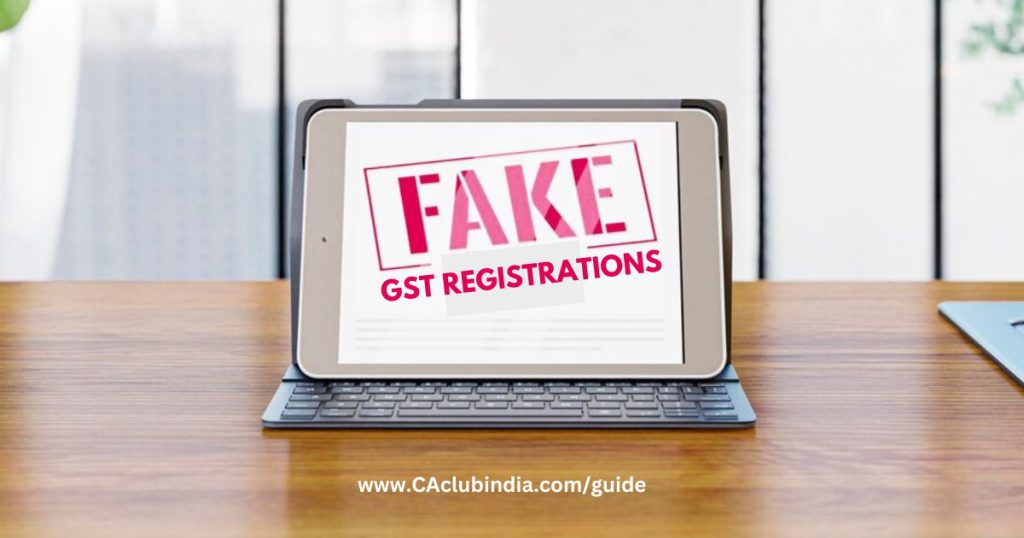
Definition and Classification of Vouchers
- A voucher is typically defined as an instrument allowing the holder to receive goods or services, often prepaid or discounted.
- Classification
- Single-purpose vouchers (SPVs): Those redeemable for a specific good or service with known tax characteristics at the time of issuance.
- Multi-purpose vouchers (MPVs): Redeemable for multiple goods or services with tax liability determined upon redemption.
Voucher Taxability: Key Updates and GST Council Recommendations
Clarification on Voucher Taxation
The GST Council has provided clearer guidelines to ensure uniform treatment of vouchers under GST:
Single-Purpose Vouchers (SPVs)
- GST is levied at the time of issuance since the exact nature of the goods or services and tax rate is predetermined.
Multi-Purpose Vouchers (MPVs)
- GST is applied at the time of redemption, as the tax characteristics depend on the goods/services chosen.
Taxability of Gifting Vouchers
For vouchers issued as gifts (corporate or personal), GST liability depends on the type and purpose of the voucher:
Employee Vouchers
- Vouchers issued to employees as part of compensation are treated as taxable perquisites.
- ITC restrictions may apply if such vouchers are considered non-business expenses.
Promotional Vouchers
- Vouchers issued to customers for promotions or loyalty rewards are taxable under GST if tied to specific goods/services.
Rate Adjustments
The GST Council recommended a standardized tax rate for vouchers to minimize disputes regarding their classification.
- Discussion focused on maintaining parity between goods and services for which the vouchers are issued.
Taxability of Expired Vouchers
In cases where vouchers are issued but not redeemed (expired), the GST Council has reiterated:
- For SPVs: GST paid at issuance remains valid.
- For MPVs: No GST is payable as no underlying goods/services were supplied.
Special Provisions for E-Vouchers
The Council emphasized digital vouchers and e-wallets, proposing clearer regulations:
Inclusion in E-Commerce Definition
- Digital vouchers may be classified under e-commerce transactions to ensure consistent tax treatment.
Reporting Requirements
- Businesses must disclose issued and redeemed vouchers in GST returns to prevent evasion.
Amnesty for Past Non-Compliance
An amnesty scheme for businesses with discrepancies in voucher taxation was proposed to enable compliance without heavy penalties.
ITC on Vouchers
Clarifications on Input Tax Credit (ITC) eligibility for businesses issuing vouchers:
- ITC is permissible only if vouchers are directly linked to taxable supplies or business purposes.
- ITC remains restricted for vouchers used for personal consumption or gifting without business relevance.
Sector-Specific Recommendations
Retail and Hospitality
- Vouchers issued by retailers or hotels as part of bundled services require explicit disclosure of GST components.
Healthcare
- Clarifications on whether vouchers for exempt healthcare services are subject to GST.
Next Steps for Businesses
Audit Voucher Usage
Review current voucher practices and compliance with GST provisions.
Ensure proper classification as SPVs or MPVs.
Update Systems
Implement systems to track voucher issuance, redemption, and expiry for accurate GST reporting.
Monitor Policy Changes
Stay updated on the implementation of these recommendations to ensure seamless compliance.
Seek Expert Guidance
Engage with tax professionals for handling complex voucher transactions, especially for high-value or cross-border transactions.
Related Article
Last Date To File ITR
194R TDS
Tax Filing Deadline for Businesses Requiring Audit

